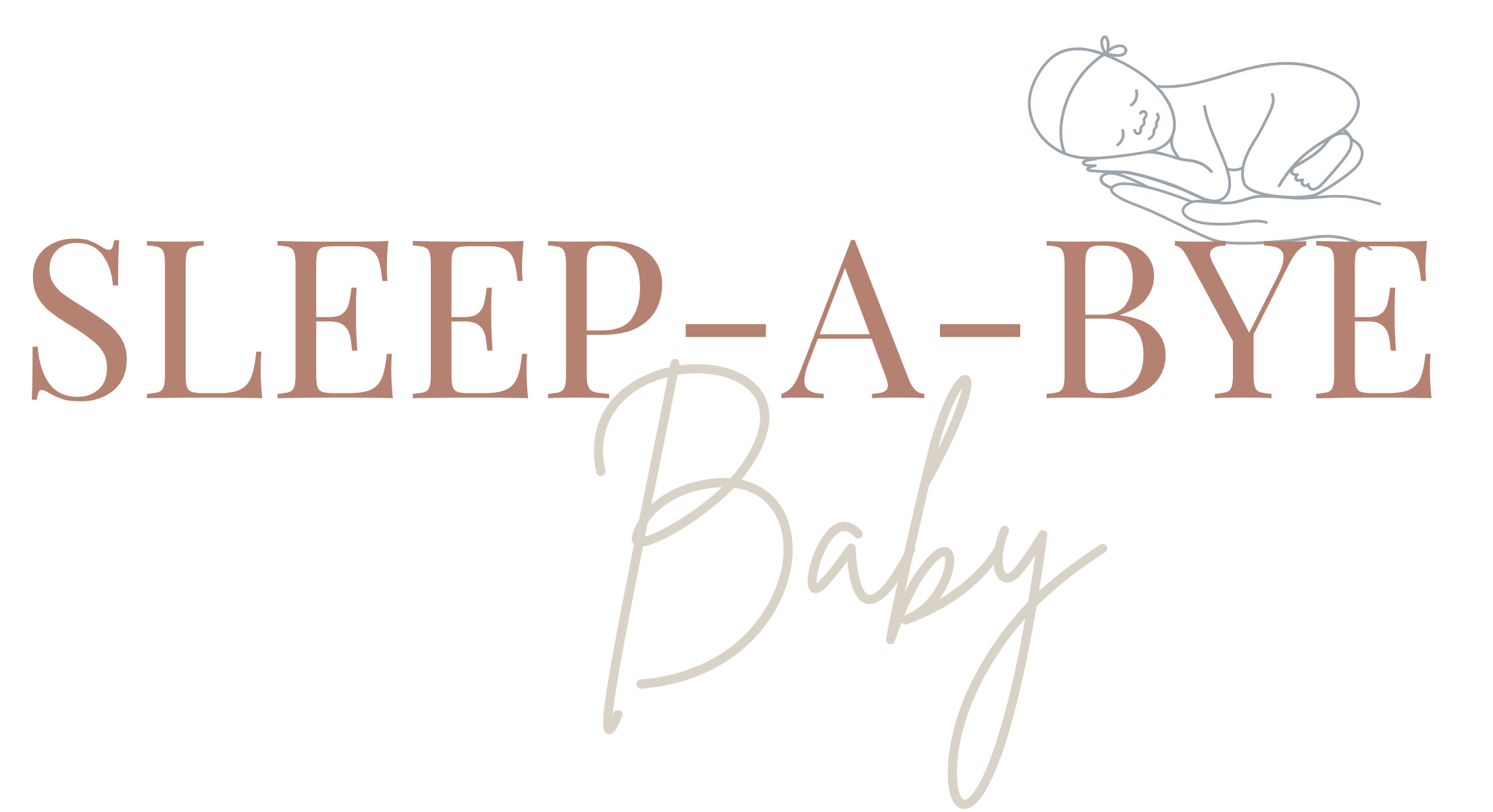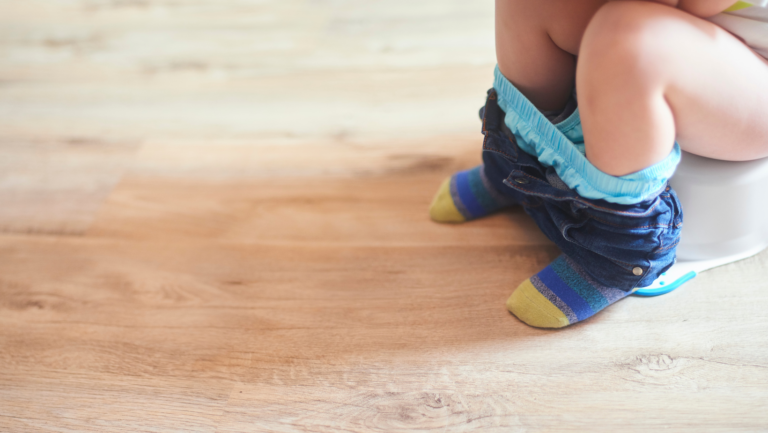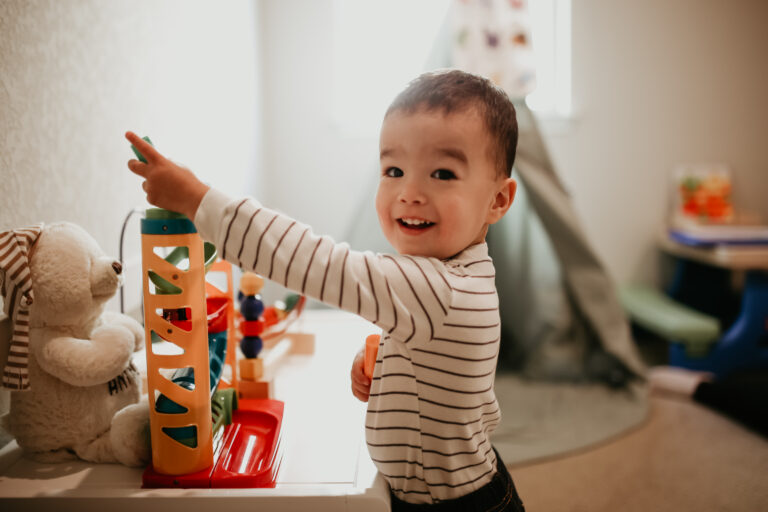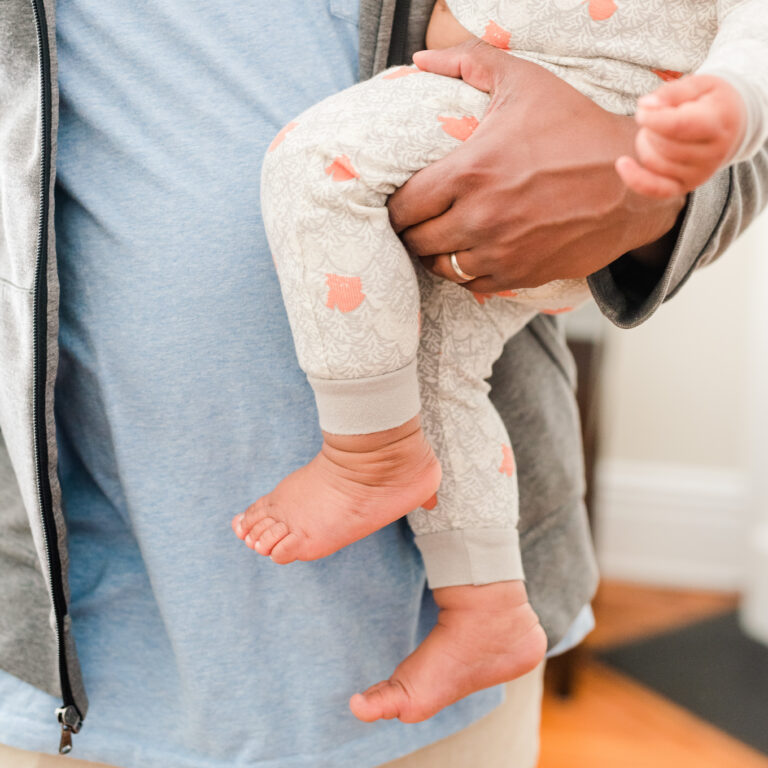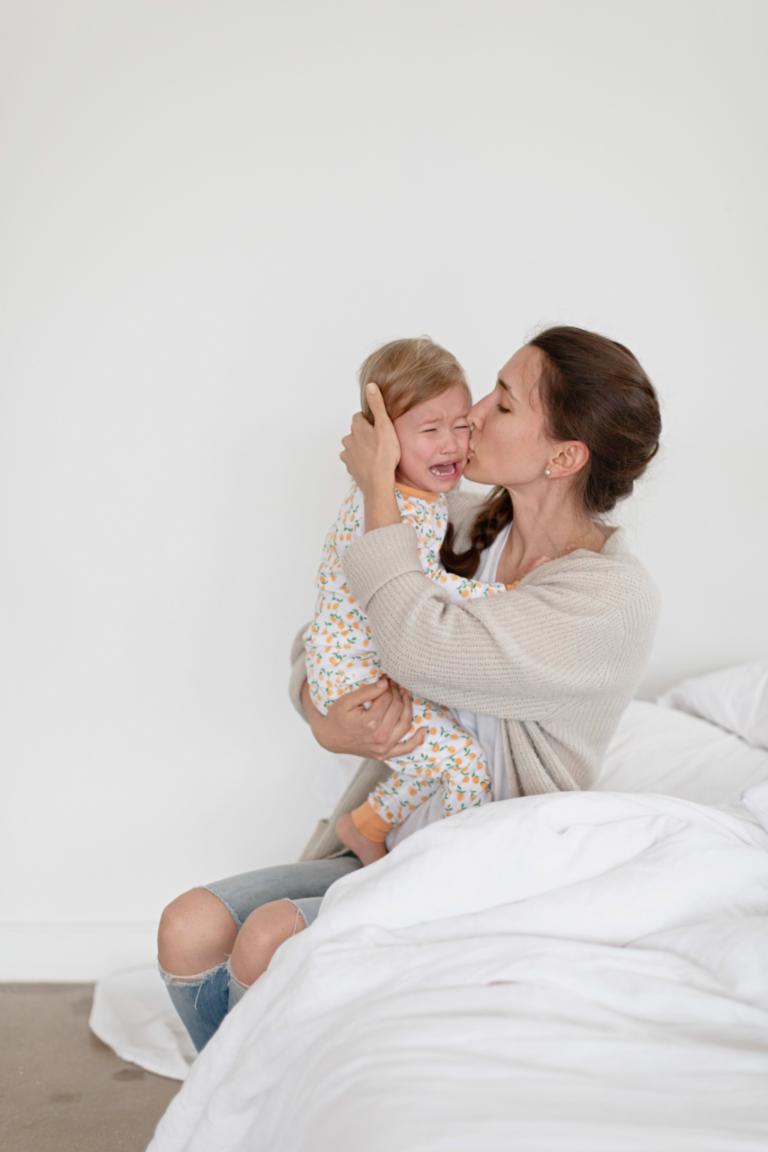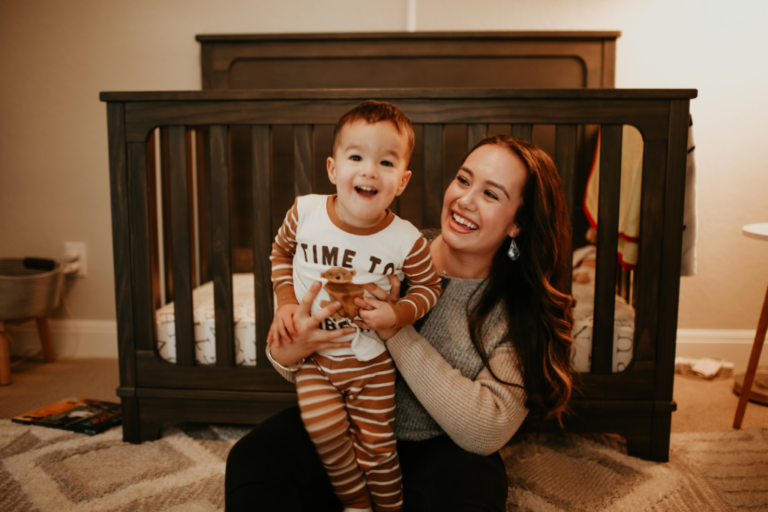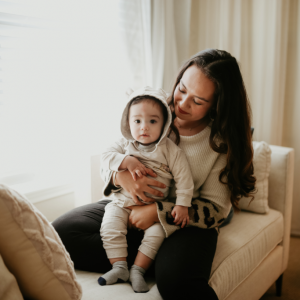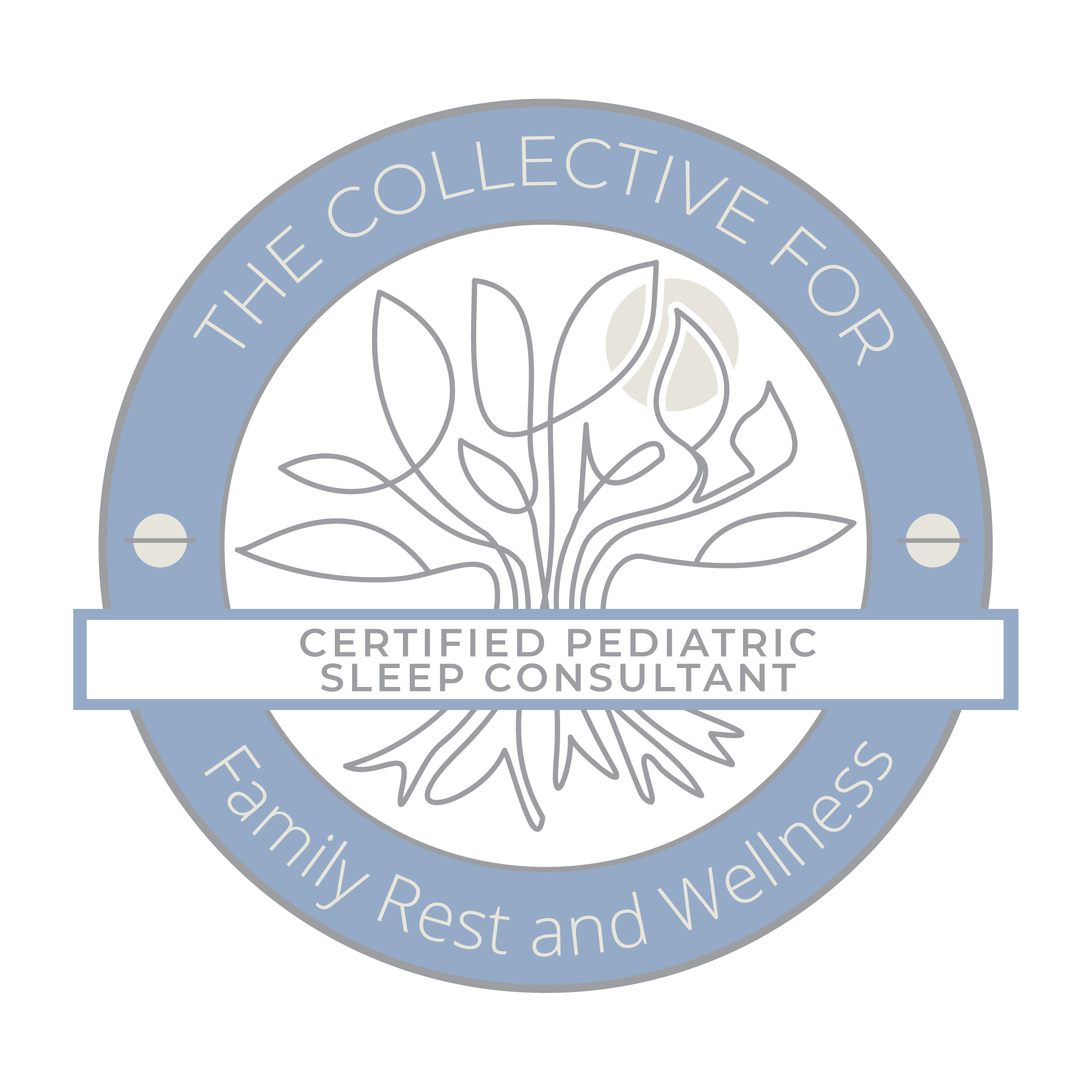The newborn phase is one of the most beautiful times in a parent’s life. It is also one of the most confusing and daunting!
You are asking yourself so many questions during this time: why is my baby crying all the time? Is my baby crying enough? How does this breastfeeding deal work? Is my baby fussy because I have a low milk supply? Do they like their arms out of the swaddle or swaddled? Why are they not sleeping?!
TRUST me when I say this: I have been there. With my first child-I was a deer caught in headlights…especially in the sleep department. I did not realize how important sleep was to me – until I was losing a big chunk of it during the newborn phase.
My husband and I ended up sleep-training our first son at around 4 months old so we knew how successful it was during the infant stage. However, when I got pregnant with my second son 6 months after having our first, I remember having a boost of confidence and thinking “Oh we sleep-trained Anthony, so sleep training Sammy will be a piece of cake!” Then I remember pausing and asking my husband: “Wait, can we even sleep train a newborn?! I feel like he will be too small to ‘train’ to sleep!”
Thankfully, around this time, I was pursuing my pediatric sleep consultant certification, so I was able to learn that: YES. You most certainly can sleep train a newborn – but not in the “formal” way that you can sleep train a 4-month old. Let me tell you more of what I mean by this.
How newborn sleep works
The way newborns cycle in and out of sleep and how they respond to outside stimuli – such as light – looks very different when compared to a 3-4month old.
This is because of three main things:
- Newborns cycle only between two stages: active (REM) sleep and Quiet (NREM) sleep and therefore, do not have mature and developed sleep cycles yet
- They have an underdeveloped circadian rhythm because they have never been exposed to light until birth
- They have an underdeveloped pineal gland which is not able to produce the sleep hormone, melatonin, right away.
Two Stages of Sleep Cycles
A newborn only cycles between two stages of sleep, and the duration of each of their sleep cycles are anywhere between 20-50minutes. When compared to a 3-month old who has four stages of sleep and cycles between stages every 45-120minutes!
What this means is that even though a newborn can wake up more easily in light sleep (this is why sound machines are so useful at the beginning of life to block out sound), they can be transferred a lot easier to their sleep space while they are in deep (NREM) sleep and are harder to wake up!
While with a 3-month old, they have more stages to cycle through, so they can be awoken easily AND they are harder to transfer to their sleep space while asleep (because we do not know what stage of the four they are in.)
Underdeveloped Circadian Rhythm
Our circadian rhythm, also known as the internal biological clock, works together with the outside environment to regulate when we are awake and are asleep. It controls the timing of sleep and causes us to be sleepy at night and naturally wakes us up in the morning (without an alarm clock).
In newborns, their circadian rhythm does not fully develop until 12 weeks of age, so they cannot rely on this clock to regulate their sleep and wake times during the day and at night before then.
Underdeveloped pineal gland
When we are exposed to sunlight, serotonin is released and is then metabolized into melatonin by the pineal gland. In the absence of light, melatonin is directly produced from the pineal gland. Since newborns have an underdeveloped pineal gland, they are unable to rely on this melatonin to initiate sleep. This pineal gland does not fully develop along with melatonin and sleep efficiency until around 9 weeks.
Sleep training and newborns
As you can tell from above, newborn sleep can be very erratic since babies under the age of ~ 12 weeks do not have a lot to work with! This is why some doctors and consultants will say that “formal” sleep training should not occur until around 3-4 months of age, since they have more internal mechanisms working in their favor.
However, I will say that, even though I agree that formal sleep training should not occur until the 3-month mark, it is very important to set up positive sleep foundations from day 1 of life to encourage good sleep habits and focus on sleep schedules and routines- we can call this “informal” sleep training.
I recommend this because once a child is 4 months old, they will be harder to place down in their sleep space because of their constant cycling between 4 sleep stages (as mentioned above) AND will be going through gross motor developments such as rolling – which has been found to be the number one developmental milestone to affect sleep the most in children.
So setting them up for success early on as a newborn, will make sleep training later on a lot smoother and not as daunting!
“Informal” sleep training and newborns
Your biggest goals for “informally” sleep training your newborn focus on:
- Day/night confusion
- Preventing overtiredness
- Establishing a nap and bedtime routine
- Learning ways to soothe your fussy baby
- Bonding – to include skin to skin
- Choosing and “loosely” using a sleep training method that gears towards responding to younger babies
- And when I say loosely, I mean for you and your baby to focus on practicing with a sleep training method rather than perfecting it (because no sleep is perfect anyways, especially with a newborn!)
If you are interested in working 1:1 with me to help support you in establishing these good sleep habits in your newborn, or your newborn-to-be, book a discovery session with me so we can go over options.
Remember that sleep training is very personal to each and every family unit. Many parents may not be mentally nor actively ready to sleep train their child until the 4-month mark or even until the 4-year mark – and that is okay! However, if sleep training your newborn is something that interests you, then you can most certainly do this with the right tools and support!
